Are Cleansing Bars or Face Washes Better for Long-Term Use?
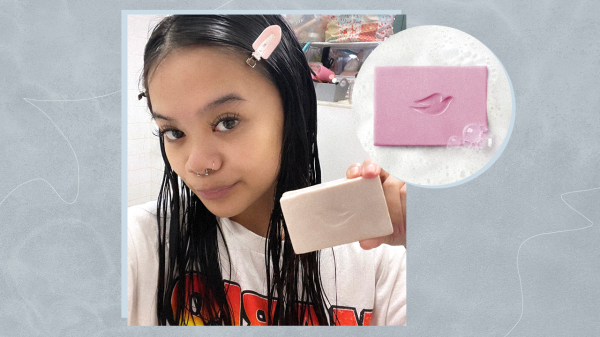
Cleansing is an essential part of any skincare routine, especially for those dealing with acne. The rise of different cleansing options, such as Bar vs Face Wash or gels, has left many wondering which option is better for long-term use. Your sister’s recent purchase of a cleansing bar from the German brand Sebamed raises the question: Are cleansing bars hygienic and effective for acne-prone skin? Or do face washes and gels offer better, more sanitary solutions? This article dives into the pros and cons of both cleansing methods, focusing on their long-term efficacy and safety.
Bar vs Face Wash: What Are Cleansing Bars and How Do They Work?
Cleansing bars, like the one from Sebamed, are solid soap-like products designed to cleanse the skin. Unlike traditional soaps, which can strip the skin of its natural oils, many modern cleansing bars are formulated to be gentle and non-drying. These bars can contain ingredients that address acne, making them popular among those with oily or acne-prone skin.
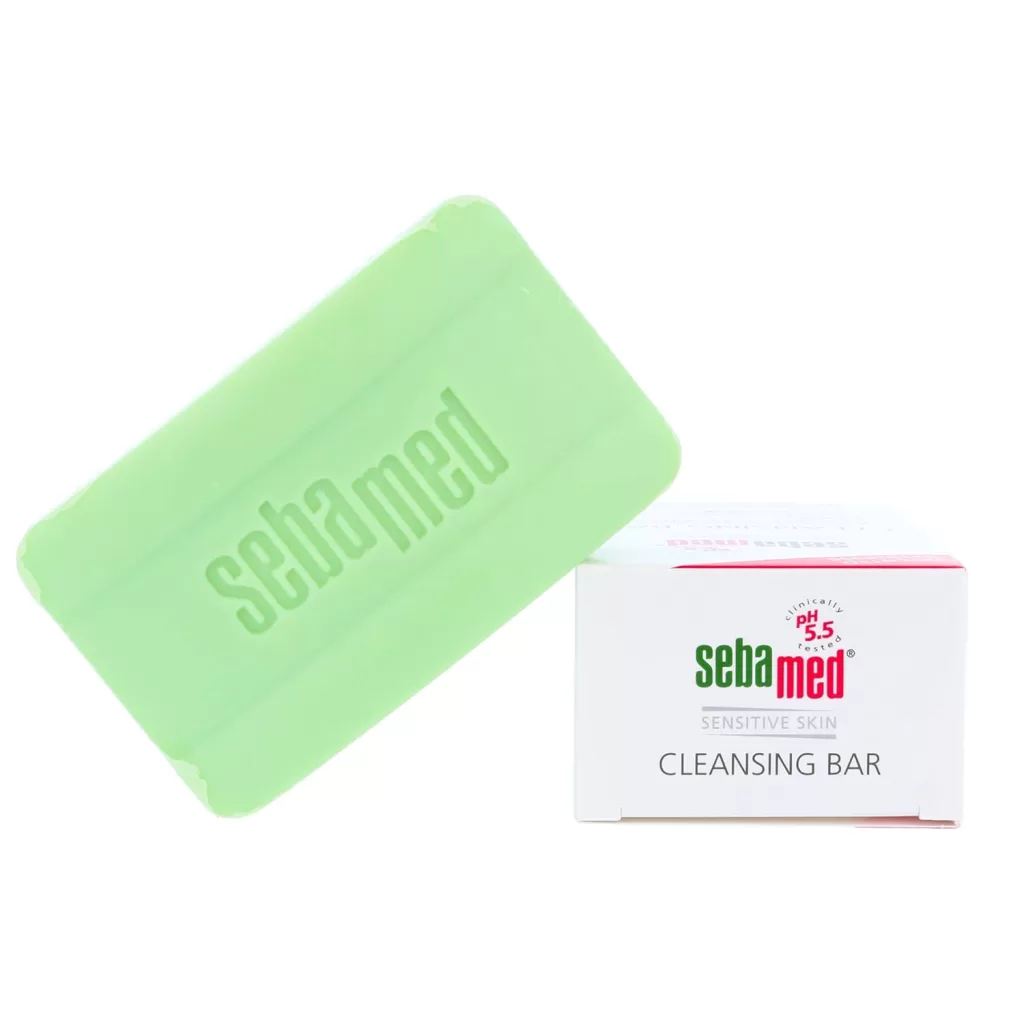
Sebamed Soap-free Cleansing Bar For Sensitive Skin, 3.5-Ounce Boxes (Pack of 4)
Bar vs Face Wash: Face Washes and Gels – How Are They Different?
Face washes and gels are liquid cleansers that often come in pump or tube packaging. These products are specifically designed for facial cleansing and can be tailored to different skin concerns. Whether you choose a foaming face wash or a gentle gel, the key advantage is that they are formulated with various active ingredients targeting different skin issues, including acne, dryness, or sensitivity.
Pros of Using Cleansing Bars Long Term vs Face Wash
Environmentally Friendly
One of the significant advantages of cleansing bars is their environmental impact. Most come in minimal packaging, often plastic-free, making them a more sustainable choice than their liquid counterparts.
Portable and Travel-Friendly
Cleansing bars are compact, easy to pack, and ideal for travel. They won’t spill or take up much space in your luggage, which makes them highly convenient.
Acne-Specific Formulations
Brands like Sebamed offer cleansing bars specifically for acne-prone skin. These bars typically contain ingredients like salicylic acid or tea tree oil that help combat breakouts while being gentle on the skin.
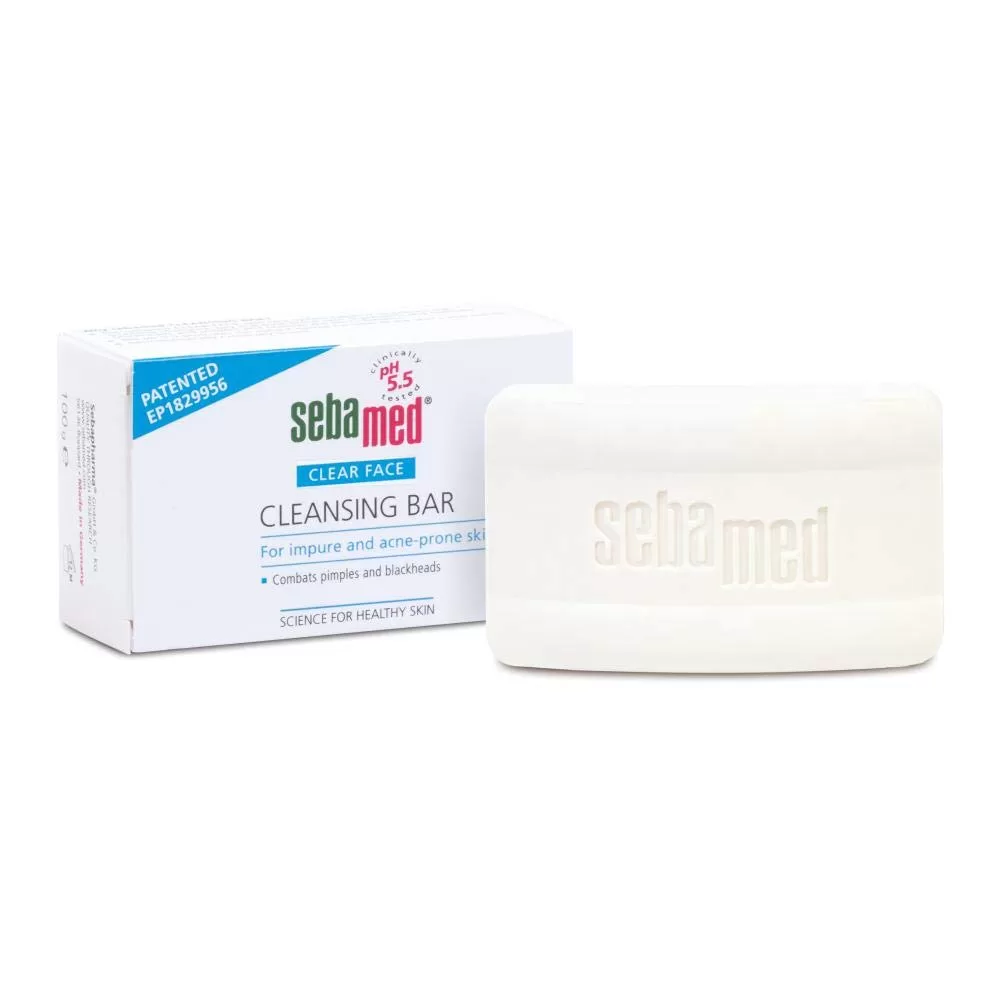
Sebamed Clear Face Teenage Cleansing Bar 100g – Effectively Reduces Pimples and Blackheads – For Impure and Acne Prone Skin
Cons of Using Cleansing Bars Long Term vs Face Wash
Hygiene Concerns
One of the most debated aspects of cleansing bars is their hygiene. Since the bar is exposed to air and often sits in moist environments, it can harbor bacteria over time. It’s crucial to store the bar in a way that allows it to dry completely between uses to minimize bacterial contamination.
Bar vs Face Wash: Lack of Customization
Unlike face washes or gels, which often come in a variety of formulations (hydrating, exfoliating, acne-fighting, etc.), bar cleansers are less customizable. They tend to have more generalized formulations, which may not address specific skin concerns as effectively.
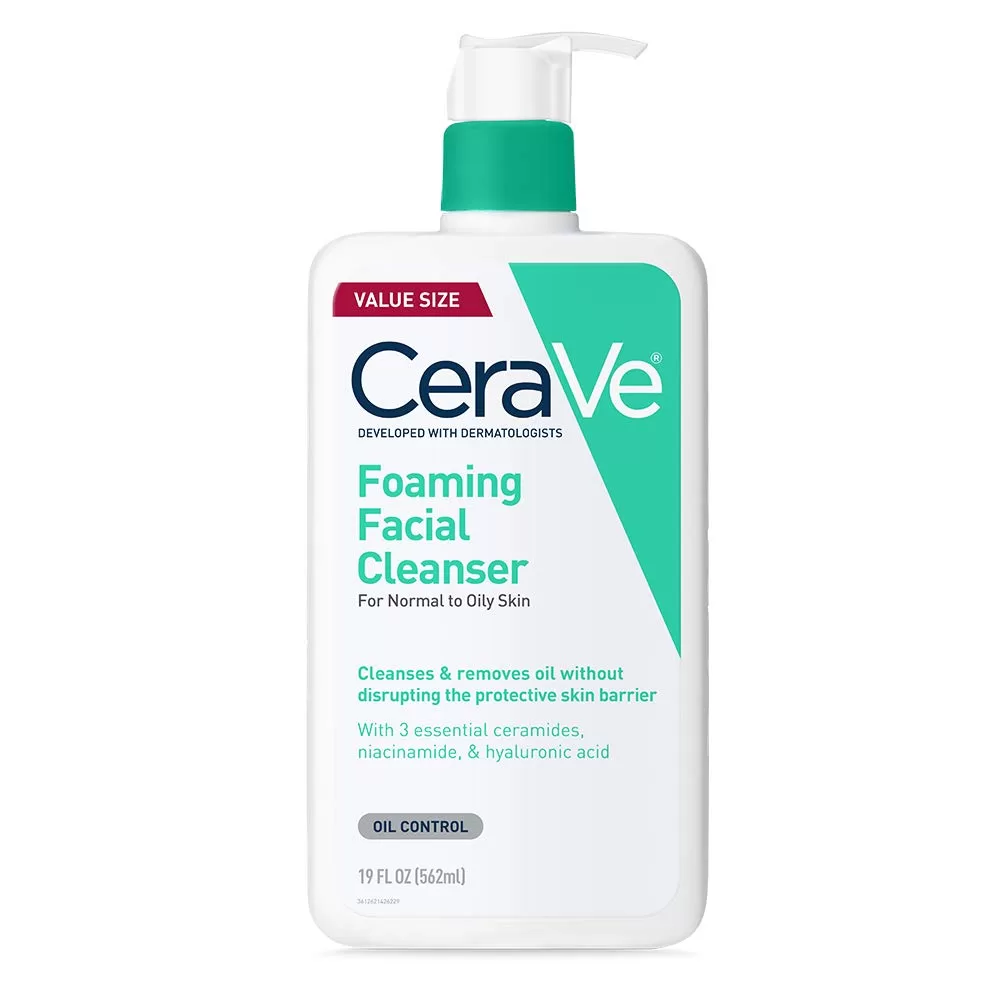
CeraVe Foaming Facial Cleanser Daily Face Wash, 19 Fluid Ounce (Pack of 1) | Oily Skin | Hyaluronic Acid, Ceramides, Niacinamide
Pros of Using Face Washes and Gels Long Term
Bar vs Face Wash: Hygienic and Sanitary Considerations
One of the most significant advantages of face washes and gels is hygiene. These products are dispensed from bottles or tubes, limiting the chance of contamination. This makes them a more sanitary option compared to cleansing bars, especially for acne-prone skin.
Tailored for Skin Concerns
Face washes and gels come in a wide range of formulations to address various skin concerns—whether you’re dealing with acne, dryness, or sensitivity. The active ingredients are often more potent and targeted than those found in bar cleansers.
Bar vs Face Wash: Which is Easier to Use?
The liquid consistency of face washes and gels makes them easy to spread evenly across the skin. They also foam up more easily, providing a satisfying cleansing experience.
Cons of Using Face Washes and Gels Long Term
Bar vs Face Wash: Environmental Impact
One downside to face washes and gels is their packaging. Most come in plastic containers, which contribute to environmental waste. If sustainability is important to you, this could be a significant drawback.
Can Be Drying
Some face washes, particularly foaming ones, can be drying to the skin over time. It’s essential to choose a formula that suits your skin type to avoid disrupting your skin’s natural barrier.
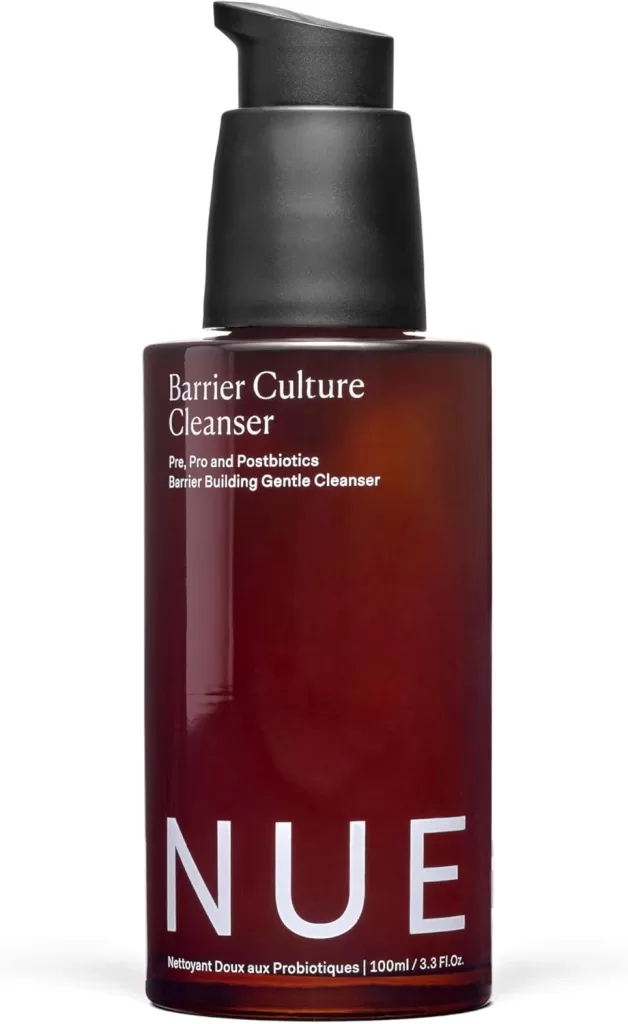
The Nue Co. BARRIER CULTURE CLEANSER, Nourishes and Balances Skin, For All Skin Types, Vegan, Gluten Free, 4 Fl oz
Are Cleansing Bars Hygienic for Acne-Prone Skin in the Bar vs Face Wash Debate?
The hygiene factor is a valid concern when it comes to cleansing bars, particularly for acne-prone skin. Since acne can be aggravated by bacteria, using a bar that is not stored properly could potentially worsen your skin. However, if you take precautions—such as using a bar holder that allows the bar to dry completely and cleaning the bar regularly—the risk of bacterial contamination can be minimized.
Face Washes and Gels for Acne-Prone Skin: A Better Choice?
Face washes and gels are generally considered more hygienic for acne-prone skin because they are stored in closed containers, reducing the risk of bacteria. Many face washes also contain acne-fighting ingredients like benzoyl peroxide or salicylic acid, which can be more effective than what’s available in most bar cleansers.
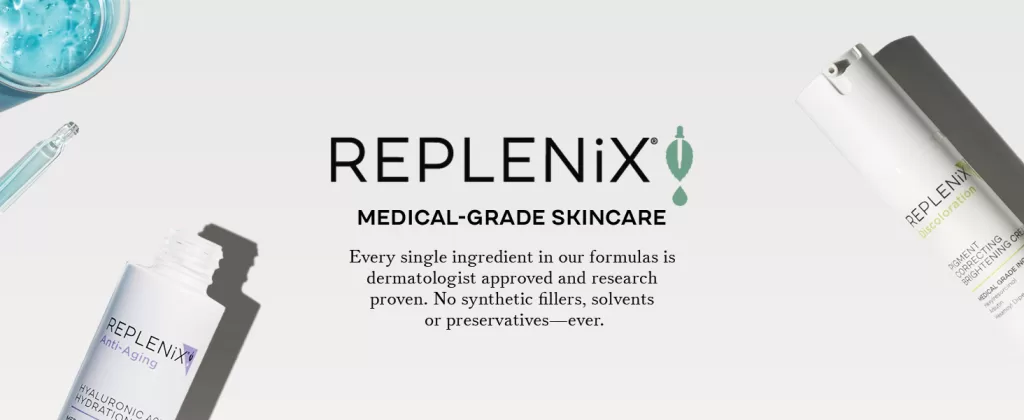
How to Choose the Right Cleanser for Long-Term Use
Skin Type Considerations
When deciding between a cleansing bar and a face wash, consider your skin type. Those with oily or acne-prone skin may benefit from the targeted formulations found in face washes. However, if you prefer a more natural or eco-friendly option, a bar cleanser like Sebamed’s could be a good alternative, provided you store it hygienically.
Ingredient Focus
Look for cleansers that contain active ingredients tailored to your skin’s needs. For acne-prone skin, salicylic acid, niacinamide, or benzoyl peroxide are beneficial in face washes. If you prefer a cleansing bar, check for similar ingredients, though they may be in lower concentrations.
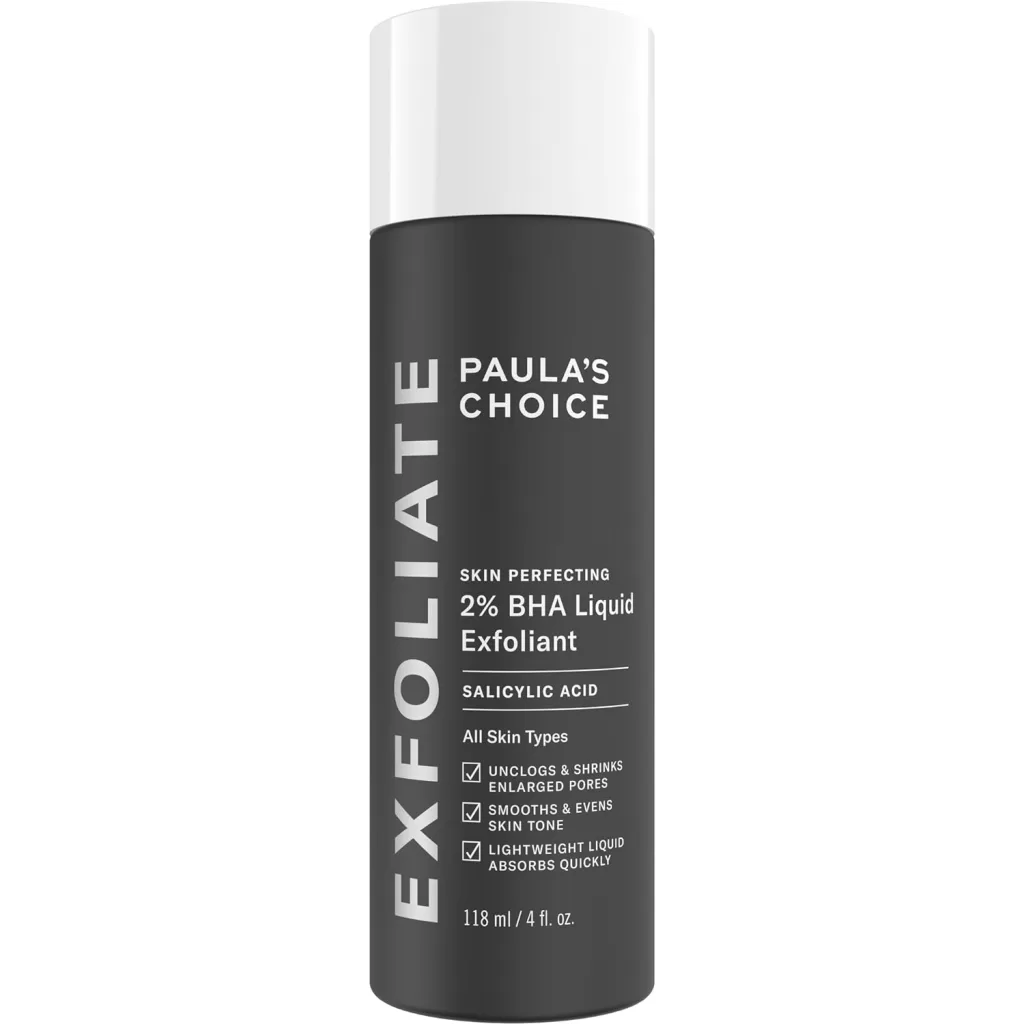
Paula’s Choice SKIN PERFECTING 2% BHA Liquid Salicylic Acid Exfoliant-Facial Exfoliant for Blackheads, Enlarged Pores, Wrinkles & Fine Lines
Final Thoughts: Which Is Better for Long-Term Use?
Both cleansing bars and face washes have their pros and cons, particularly when it comes to long-term use. Cleansing bars like Sebamed can be just as effective as face washes, but the hygiene concerns surrounding bar storage are real. On the other hand, face washes and gels offer a more hygienic, targeted approach, especially for acne-prone skin. Ultimately, your choice should depend on your skin type, environmental concerns, and personal preferences.
Related Links:
- [Managing Sensitive Skin During Stressful Times]
- [Best Skincare Routine for Stress-Prone Skin]
- The Ultimate Guide to Zinamax: An Effective Solution for Acne
Explore More Links:
- American Academy of Dermatology: Stress and Skin Health
- National Institute of Mental Health: Coping with Anxiety
Explore more articles like this @ Where And How Resources
Share This Article:
If you found this article helpful, don’t forget to share it with your friends and followers! Use the buttons below to easily spread the word on your favorite social media platforms. Sharing is caring!
